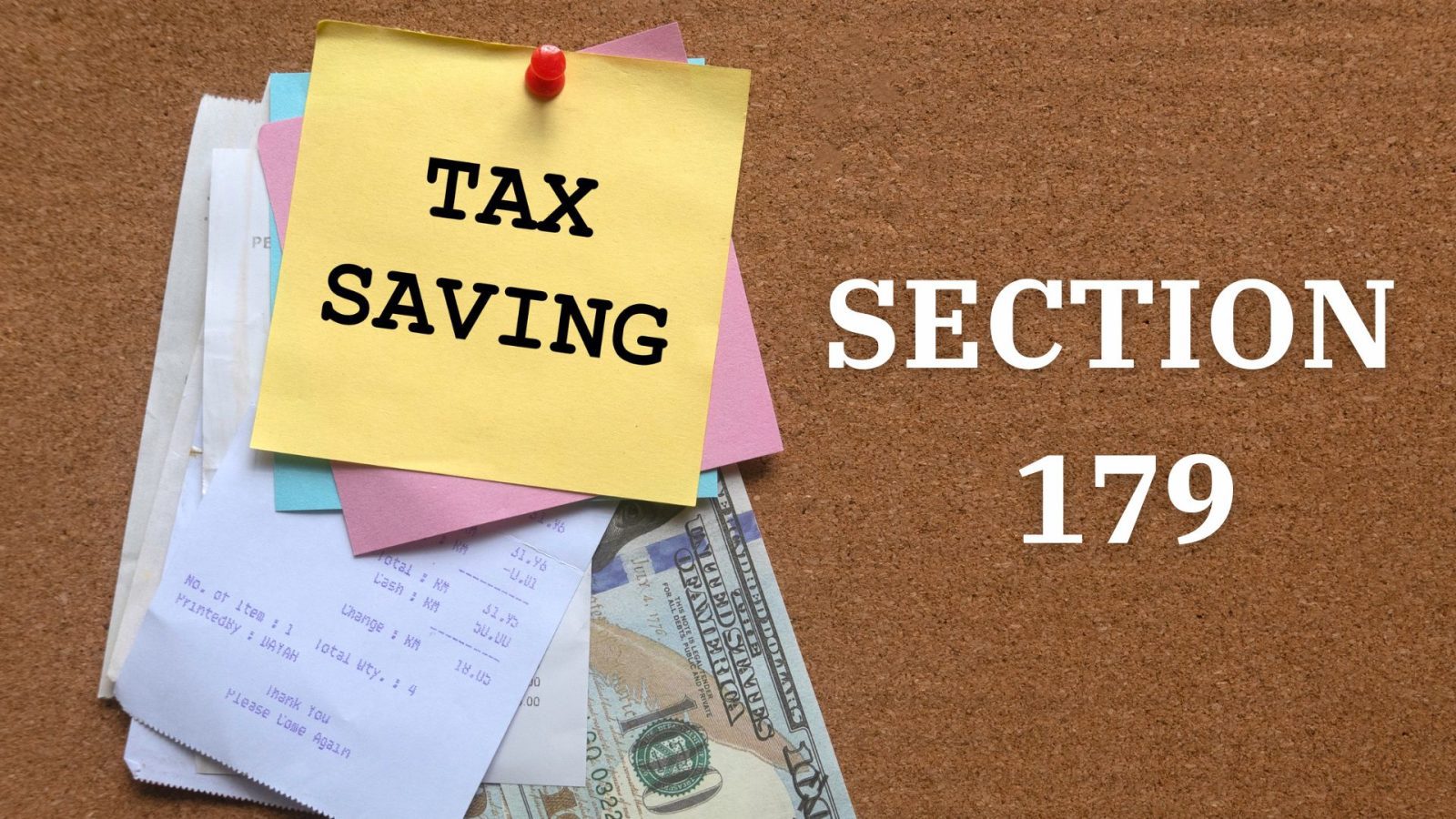At Accavallo & Company, LLC we understand the importance of optimizing current year depreciation write-offs for businesses with newly acquired assets. To achieve this, businesses can leverage two significant federal tax incentives: the first-year Section 179 depreciation deductions and first-year bonus depreciation deductions. When utilized correctly, these deductions can potentially allow businesses to write off a substantial portion or even the entirety of their qualifying asset expenses in the first year. However, due to annual inflation adjustments and evolving tax laws, these deductions require strategic coordination. Here’s our guide to help your business achieve optimal tax-saving results.
Understanding Sec. 179 Deductions
Most tangible depreciable business assets, such as equipment, computer hardware, vehicles (subject to specific limits), furniture, most software, and fixtures, qualify for the first-year Sec. 179 deduction.
While depreciable real property generally doesn’t qualify, exceptions include qualified improvement property (QIP). QIP refers to any improvement to the interior portion of a nonresidential building that’s placed in service after the building’s initial service date. This excludes expenditures related to building enlargement, elevators, escalators, or the building’s internal structural framework. Additionally, Sec. 179 deductions are permissible for nonresidential building roofs, HVAC equipment, fire protection systems, and security systems.
For tax years starting in 2024, the inflation-adjusted maximum Sec. 179 deduction is set at $1.22 million. However, the deduction begins to phase out if qualified asset additions for 2024 exceed $3.05 million. (Comparatively, these figures were $1.16 million and $2.89 million, respectively, in 2023.)
Understanding Bonus Depreciation
Most tangible depreciable business assets are eligible for first-year bonus depreciation. Additionally, both software and QIP typically qualify. To qualify, a used asset must be new to the taxpayer.
For assets placed in service in 2024, the first-year bonus depreciation rate stands at 60%, a decrease from 80% in 2023.
Sec. 179 vs. Bonus Depreciation: A Comparative Overview
While the current Sec. 179 deduction rules offer generous benefits, they come with certain limitations:
- The aforementioned phase-out rule
- A business taxable income limitation disallowing deductions leading to an overall business taxable loss
- A restricted deduction for SUVs with a gross vehicle weight rating exceeding 6,000 pounds,
- Complex limitation rules for assets owned by pass-through entities like LLCs, partnerships, and S corporations.
On the other hand, first-year bonus depreciation deductions come with fewer restrictions. However, the bonus depreciation rates for 2024 and 2023 are 60% and 80%, respectively.
Given the current tax landscape, the recommended strategy is to maximize Sec. 179 deductions for qualifying asset additions, followed by claiming as much first-year bonus depreciation as possible.
Practical Example:
Suppose in 2024, your calendar-tax-year C corporation places in service $500,000 worth of assets eligible for both Sec. 179 deduction and first-year bonus depreciation. Due to the taxable income limitation, the company’s Sec. 179 deduction is capped at $300,000. Consequently, you can deduct the $300,000 on your corporation’s 2024 federal income tax return. Additionally, you can claim 60% of the remaining $200,000 ($500,000 – $300,000) through first-year bonus depreciation. Thus, your corporation can write off $420,000 in 2024 ($300,000 + 60% of $200,000), accounting for 84% of the total cost. Note that the $200,000 bonus depreciation deduction will contribute to a corporate net operating loss carried forward to the 2025 tax year.
Let Us Help You Manage Your Tax Breaks
Coordinating Sec. 179 deductions with bonus depreciation is a strategic approach to maximizing tax savings. We can provide comprehensive details on how these rules work and answer any questions you may have. Contact us today at 203-925-9600 to ensure your business benefits from these valuable tax incentives.


